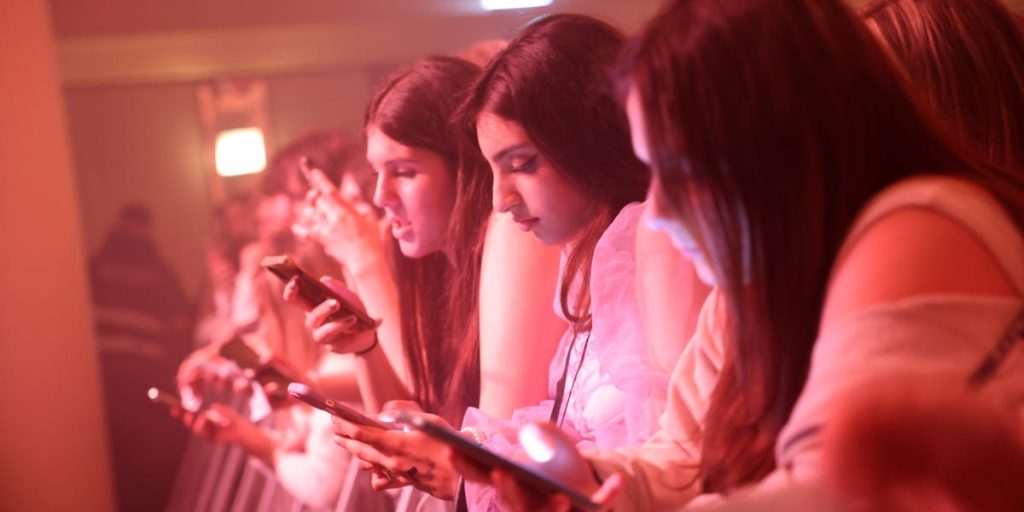- Gen Z seems OK with their parents using location sharing apps to keep tabs on them.
- Safety is seen as the main benefit of sharing your location with others at all times.
- Rising levels of anxiety among young people may be driving the embrace of location apps.
The rising popularity of location tracking apps such as Life360 suggests that young people are increasingly happy for their parents to be able to see where they are all the time.
Downloads of Life360 doubled in the past two years, with one in nine US families – 33 million – now using the app, The Wall Street Journal reported.
Other apps such as Google’s Family Link and Apple’s Find My are also being used by Gen Z to share their location with parents and friends while they travel to school, drive – or even during dates.
These tools can also send alerts for events such as car crashes.
Location tracking can be turned off and on so that a user can maintain privacy when they want it, but according to a 2022 survey carried out by The Harris Poll, 16% of US adults have the setting activated all the time.
A survey of 1,200 adults conducted by Life360 found 54% of respondents thought it necessary or usually appropriate for parents to ask their children to share their location at all times.
The embrace of location tracking is thought to be related to rising levels of anxiety among younger generations.
“The turbulence of Gen Z’s adolescence spawned a mental health crisis that was only amplified by the pandemic, social media, and the 24-hour news cycle,” said Dr Michele Borba, a educational psychologist and spokesperson for Life360.
“During uncertain times, this generation has come to crave the added layer of security that location sharing provides,” she said.
Life360’s survey found 94% of Gen Z saw the benefits of location sharing, with more than half regarding such apps as being synonymous with safety.
For women, the certainty that someone else knows their location is particularly important. Seventy-two percent of GenZ female respondents said they believed their physical wellbeing benefits from location sharing, per the survey.
Long-distance driving and visiting new or dangerous places were the top two most common reasons for using the app.
“If something happened to me, I think it would be useful for my parents to know my last location,” one 16-year-old told the Wall Street Journal.
In addition to safety, tracking friends and sharing locations on these apps has also become a way to show affection amongst younger generations.
“There’s an intimacy that’s intertwined with that act,” Michael Sake, a senior lecturer in digital sociology at City, University of London, told The New York Times. “There’s a verification of being friends.”
Read the full article here





